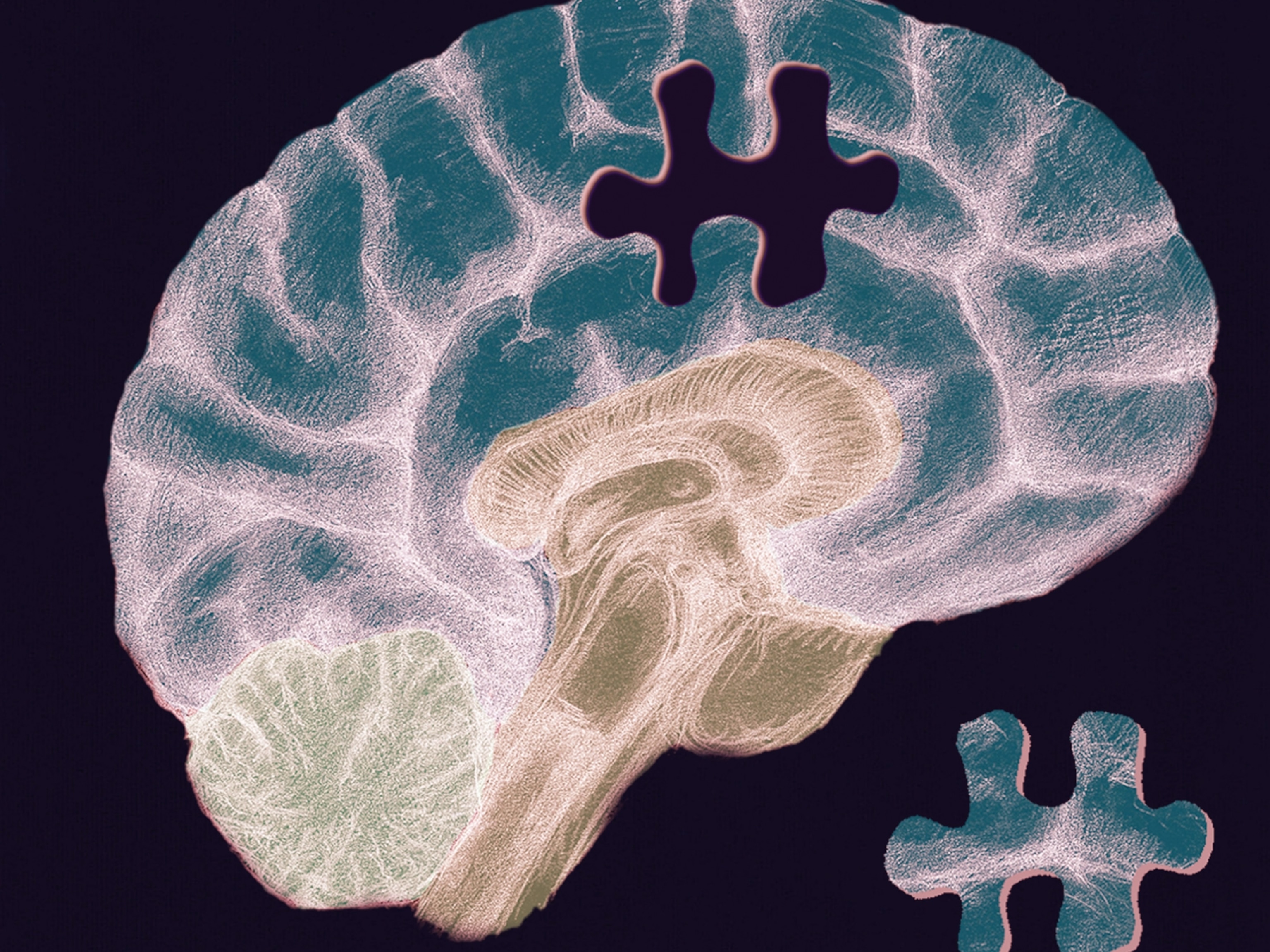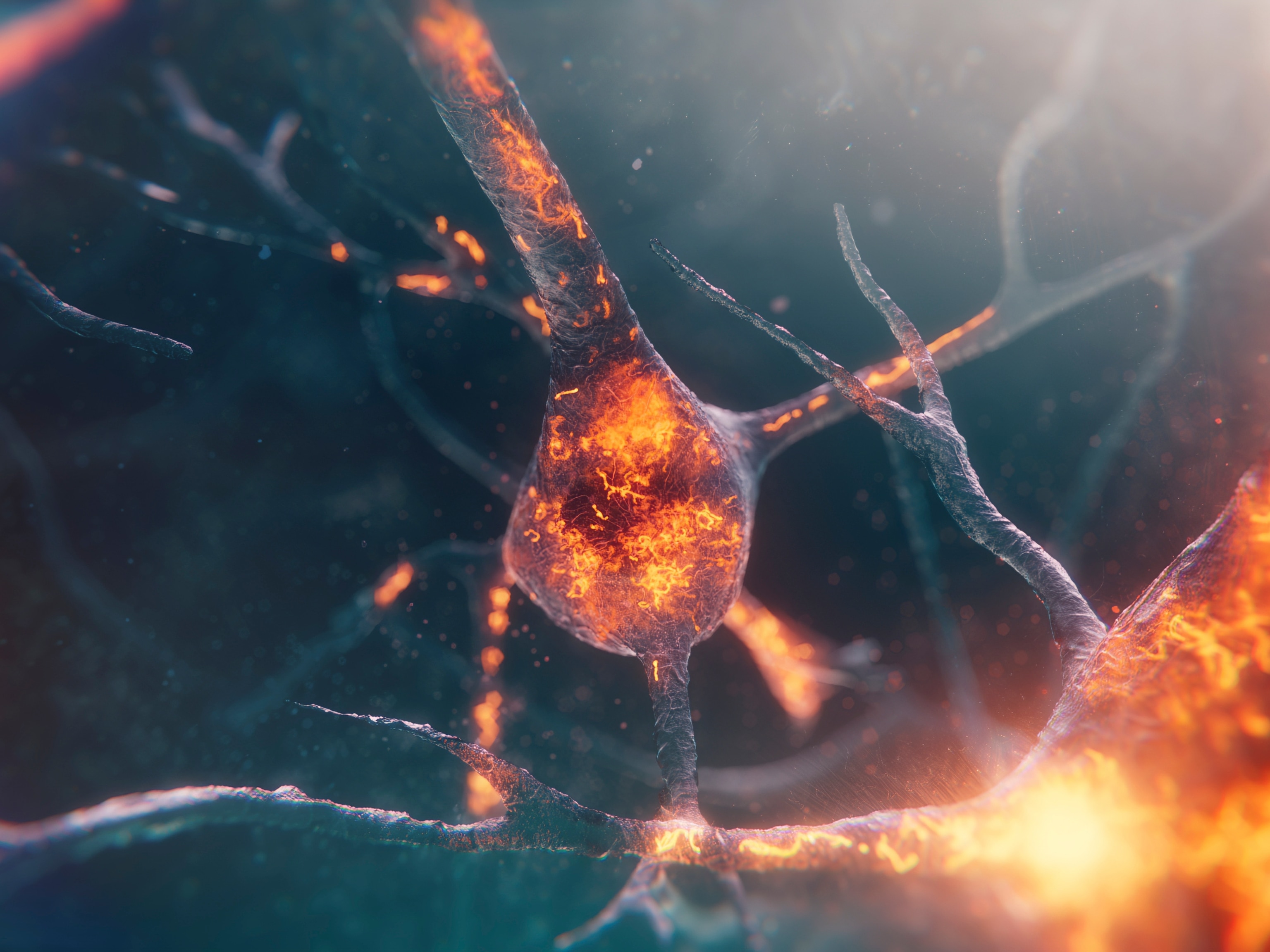Source of Half Earth's Oxygen Gets Little Credit
All living things that make a living in or off of the ocean owe their existence to these once-celled plants.
Fish, whales, dolphins, crabs, seabirds, and just about everything else that makes a living in or off of the oceans owe their existence to phytoplankton, one-celled plants that live at the ocean surface.
Phytoplankton are at the base of what scientists refer to as oceanic biological productivity, the ability of a water body to support life such as plants, fish, and wildlife.
"A measure of productivity is the net amount of carbon dioxide taken up by phytoplankton," said Jorge Sarmiento, a professor of atmospheric and ocean sciences at Princeton University in New Jersey.
The one-celled plants use energy from the sun to convert carbon dioxide and nutrients into complex organic compounds, which form new plant material. This process, known as photosynthesis, is how phytoplankton grow.
Herbivorous marine creatures eat the phytoplankton. Carnivores, in turn, eat the herbivores, and so on up the food chain to the top predators like killer whales and sharks.
But how does the ocean supply the nutrients that phytoplankton need to survive and to support everything else that makes a living in or off the ocean? Details surrounding that answer are precisely what Sarmiento hopes to learn.
Robert Frouin, a research meteorologist with the Scripps Institution of Oceanography in La Jolla, California, said understanding the process by which phytoplankton obtains ocean nutrients is important to understanding the link between the ocean and global climate.
"Marine biogeochemical processes both respond to and influence climate," Frouin said. "A change in phytoplankton abundance and species may result from changes in the physical processes controlling the supply of nutrients and sunlight availability."
Oxygen Supply
Phytoplankton need two things for photosynthesis and thus their survival: energy from the sun and nutrients from the water. Phytoplankton absorb both across their cell walls.
In the process of photosynthesis, phytoplankton release oxygen into the water. Half of the world's oxygen is produced via phytoplankton photosynthesis. The other half is produced via photosynthesis on land by trees, shrubs, grasses, and other plants.
As green plants die and fall to the ground or sink to the ocean floor, a small fraction of their organic carbon is buried. It remains there for millions of years after taking the form of substances like oil, coal, and shale.
"The oxygen released to the atmosphere when this buried carbon was photosynthesized hundreds of millions of years ago is why we have so much oxygen in the atmosphere today," Sarmiento said.
Today phytoplankton and terrestrial green plants maintain a steady balance in the amount of the Earth's atmospheric oxygen, which comprises about 20 percent of the mix of gasses, according to Frouin.
A mature forest, for example, takes in carbon dioxide from the atmosphere during photosynthesis and converts it to oxygen to support new growth. But that same forest gives off comparable levels of carbon dioxide when old trees die.
"On average, then, this mature forest has no net flux of carbon dioxide or oxygen to or from the atmosphere, unless we cut it all down for logging," Sarmiento said. "The ocean works the same way. Most of the photosynthesis is counterbalanced by an equal and opposite amount of respiration."
Carbon Sink
The forests and oceans are not taking in more carbon dioxide or letting off more oxygen. But human activities such as burning oil and coal to drive our cars and heat our homes are increasing the amount of carbon dioxide released into the atmosphere.
Most of the world's scientists agree that these increasing concentrations of carbon dioxide in the atmosphere are causing the Earth to warm. Many researchers believe that this phenomenon could lead to potentially catastrophic consequences.
Some researchers argue that enriching the oceans with iron would stimulate phytoplankton growth, which in turn would capture excess carbon from the Earth's atmosphere. But many ocean and atmospheric scientists debate whether this would indeed provide a quick fix to the problem of global warming.
Research by Frouin and his Scripps Institution of Oceanography colleague Sam Iacobellis suggests an increase in phytoplankton may actually cause the Earth to grow warmer, due to increased solar absorption.
"Our simulations show that by increasing the phytoplankton abundance in the upper oceanic layer, sea surface temperature is increased, as well as air temperature," Frouin said.
As Sarmiento notes, phytoplankton obtains most of its carbon dioxide from the oceans, not the atmosphere.
"Pretty much all of the carbon dioxide taken up by phytoplankton comes from deep down in the ocean, just like nutrients, where bacteria and other organisms have produced it by respiring the organic matter that sank from the surface," Sarmiento said.




